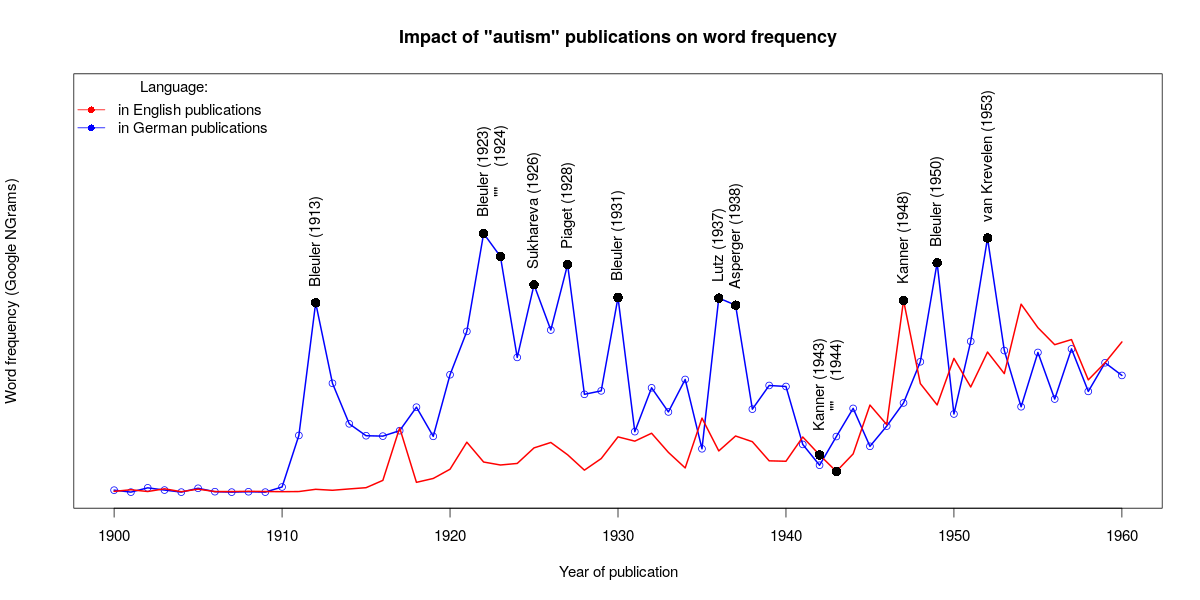I have been spending a little more time than I would like investigating health clinics, diagnostic procedures and hospital. A recurring theme for me is inadequate, conflicting or confusing communication of potentially important medical information. My own position is that I have a wide vocabulary and good verbal fluency, but my listening comprehension is sometimes over-ridden by my own preconceptions or overwhelmed by sensory and emotional overload. At my worst I babble very fast, repetitively ask for confirmation of the same answer or simply become mute. This confuses people.
I am currently in-between two abdominal surgeries, the first involving 3 nights recovery in Intensive Care and a further 4 in a ward; the second will follow 6 weeks of recuperation at home (in which I am barred from lifting anything heavier than a jug of water). Needless to say the delivery of a diagnosis of major surgery at 53 requires some emotional processing (which I don’t think I have really started) and a great deal of exposure to beeping monitors, machinery and over-lapping conversation.
The staff have been absolutely fantastic and extremely accommodating. There are some areas of procedure and infrastructure that I found confusing.
Continue reading Medical communication barriers →

 I recently went on a charming little journey through time to track down a quote attributed to the poet
I recently went on a charming little journey through time to track down a quote attributed to the poet  Christmas is one of the hardest times of the year for many people with autistic spectrum disorders. The combination of sensory exposure and social exposure can lead to sensory and emotional overload, often without the usual safe spaces to go and decompress because there are so many people present in the house. Equally, Christmas can be an opportunity to travel though some well-rehearsed and pleasing rituals with beautiful sensory experiences. I hate and love Christmas in equal measure.
Christmas is one of the hardest times of the year for many people with autistic spectrum disorders. The combination of sensory exposure and social exposure can lead to sensory and emotional overload, often without the usual safe spaces to go and decompress because there are so many people present in the house. Equally, Christmas can be an opportunity to travel though some well-rehearsed and pleasing rituals with beautiful sensory experiences. I hate and love Christmas in equal measure.